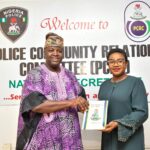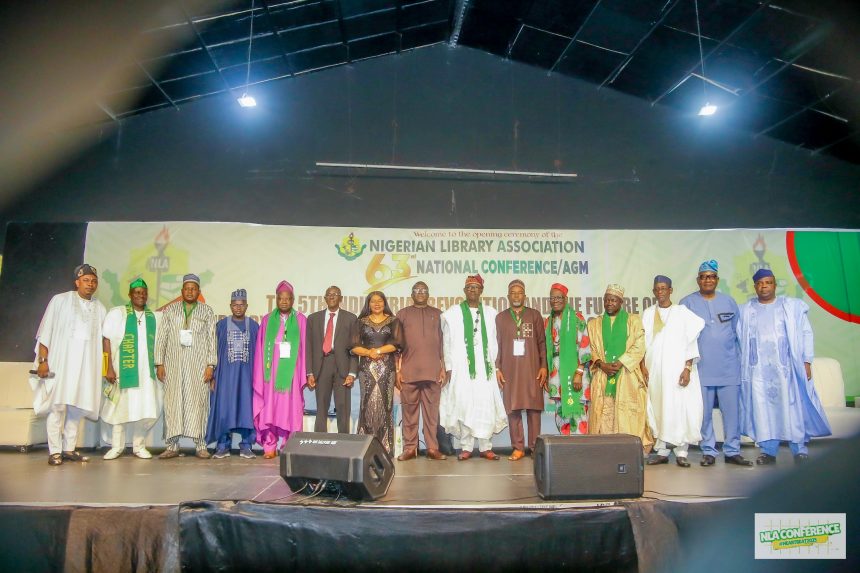The Nigerian Library Association (NLA) has advocated for libraries to adopt hybrid transition platforms that combine physical and virtual services to meet the dynamic needs of modern users.
This is contained in a communiqué issued at the end of the 63rd Annual National Conference and General Meeting of the association held in Benin, Edo.
The communiqué signed by Dr Dominic Omokaro, President and Chairman of Council of the association was made available to the News Agency of Nigeria (NAN) Abuja on Wednesday.
Omokaro said that the conference had as its theme ”The Fifth Industrial Revolution and the Future of Library and Information Service Delivery in a Changing World”.
He said the conference highlighted the 5IR’s emphasis on blending advanced technologies with human-centric values.
He therefore called for the adoption of a human-technology balance by libraries for promoting empathy, ethics, and personalised services to ensure inclusive access and relevance in service delivery.
According to him, libraries must embrace this synergy by promoting empathy, ethics, and personalised inclusive services.
“There is an urgent need to re-skill and up-skill librarians and information professionals in areas such as digital literacy, data science, artificial intelligence (AI), robotics, blockchain, and human-machine collaboration.
“This is to make them to remain competitive and impactful. Library and Information Science (LIS) educators are encouraged to fully leverage the 30 per cent curriculum flexibility provided in the Core Curriculum Minimum Academic Standards (CCMAS) to integrate 5IR-responsive courses that align with global LIS trends and emerging competencies.
”Libraries must promote inclusive and equitable access by adopting emerging technologies such as Virtual Reality (VR), Machine Learning, Internet of Things (IoT), and assistive technologies. This should be done to bridge the digital divide and serve marginalised communities effectively,”
The NLA president and chairman of council further advocated for the review of the National Library Policy to reflect emerging digital realities and position libraries as strategic engines of national innovation.
He also urged institutions to strategically allocate at least 50 per cent of their TETFund resources to integrating 5IR tools and modernising library infrastructure and services.
Omokaro called on the federal and state governments as well as education stakeholders to prioritise education, research, and information access as key tools for sustainable development. (NAN)












